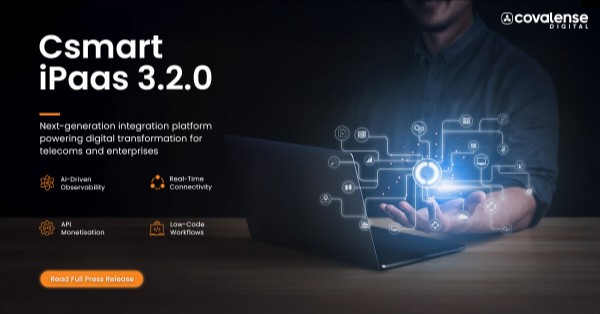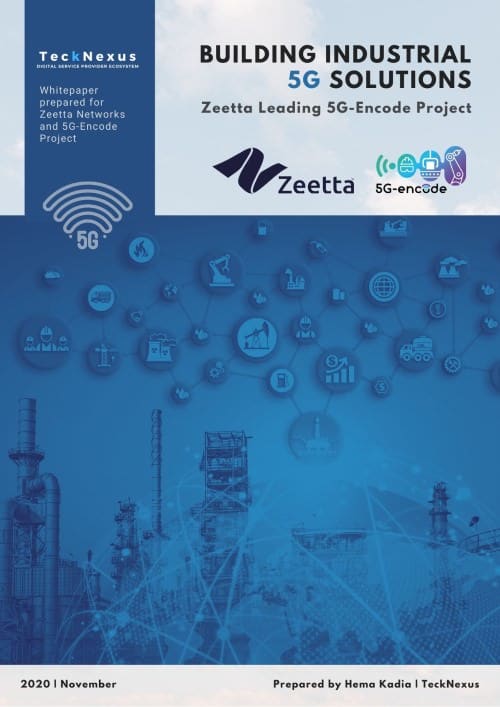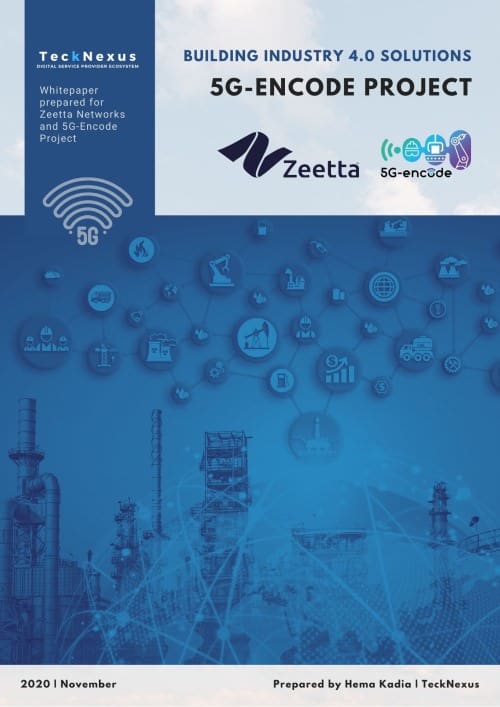5G enables technologies such as AI, Digital Twin, and augmented and extended reality (XR) to seamlessly work together, key for businesses at the forefront of digital transformation and providing consumers with a better-quality experience. In advancing Singapore’s 5G ecosystem, the Infocomm Media Development Authority (IMDA) is working with the industry to unlock the real value of 5G by shaping new business use cases and enabling enterprises to commercialize locally and globally.
Mr. Lew Chuen Hong, Chief Executive, IMDA, said, “Singapore will continue to push the boundaries of innovation through frontier technologies such as 5G. We are excited to work with our industry partners to unlock the real impact of 5G. We look forward to seeing new and exciting ways 5G will benefit our businesses and consumers”.
Region’s First: Three new 5G projects to boost Singapore’s 5G ecosystem
Under IMDA’s 5G Innovation Programme, S$30 million has been set aside to accelerate the adoption and commercialization of 5G solutions. IMDA announces the award of projects for:
- Asia Pacific’s first 5G mobile edge computing for Mixed Reality and Holomedicine capabilities in health tech
- Region’s first outdoor mass 5G-enabled cinematic quality AR experience
- Southeast Asia’s first maritime 5G AR/VR Smart Glasses Solution
5G-enabled Mixed Reality for Health Tech
Mixed Reality technology (MR) in healthcare is an up-and-coming area of development, coined as Holomedicine, which leverages holographic displays and images to enhance and augment healthcare delivery. IMDA partners with the National University Health System (NUHS), Singapore Telecommunications, and apoQlar GmbH to develop 5G-enabled Holomedicine capabilities that leverage new remote rendering capabilities and MR devices such as Microsoft’s HoloLens 2. The collaboration project will enable the Holomedicine platform to leverage a high-speed network essential for the real-time transmission of large volumes of data from the HoloLens 2 devices. Capabilities such as real-time rendering of high-resolution 3D images and holographic projections, scan reconstructions, procedure, surgical navigation, and remote assistance will be possible in operating theatres. Outside the operating theatres, capabilities such as enhanced visualization of patients’ veins during blood-taking procedures, advanced point-of-care ultrasound imaging capabilities, and patient education and counseling will be made possible.
5G-enabled Cinematic quality AR Experience
IMDA will collaborate with Infinite Studios (local co-producers of Crazy Rich Asians and Westworld 3) and D.ink, a mixed reality (XR) company, to develop the region’s first outdoor 5G-enabled cinematic quality AR experience that will fully utilize the bandwidth and computational capabilities of 5G and 5G-enabled mobile devices. The collaboration will bring together creative story-telling and immersive technology, producing a unique experience at the Marina Bay Area that merges the physical world with simulated reality using AR.
5G-enabled AR/VR Smart Glasses Solution
Covid-19 has disrupted physical inspections, site and vessel surveys, and audits, which heavily depend on what is possible today. IMDA partners Keppel Offshore & Marine and its collaborators M1, Hiverlab, and Suga to develop and commercialize 5G-enabled solutions for the maritime sector. This project will enable Keppel O&M to address these challenges. This use-case will allow AR to be overlayed through Smart Glasses, incorporating the digital into the physical world. This solution will also empower workers with real-time support and augmented work instructions.
Significant Progress is seen from previous 5G use cases.
PSA continues to make waves as the world’s first 5G mmWave port operations trial sees progress. Automated Guided Vehicles (AGVs) reduced latency by 50% compared to the current 4G network. This will enable PSA to scale AGV operations at Tuas Mega Port beyond 2000 vehicles. Automated Rubber Tire Gantry cranes (RTG) have also seen significant stability in terms of throughput and low latency. 5G will enable PSA to automate its RTG operations and empower its staff for higher-value job roles and upskilling in new work areas.
IMDA’s partnership with Razer has also seen significant results. This first-ever mmWave trial for Razer was conducted at Ngee Ann City and Singtel’s Comcentre, and findings from this trial enabled a re-imagining of the mobile gaming experience with 5G-enabled gaming controllers. Based on learnings from this trial, Razer has launched the Razer Kishi V2, a universal mobile gaming controller that promises a “console-class gameplay experience” for smartphones. It also launched the Razer Arctech, a heat-dissipating mobile phone cover that supports the heavy processing load required for a seamless gaming experience.
About Infocomm Media Development Authority
The Infocomm Media Development Authority (IMDA) leads Singapore’s digital transformation by developing a vibrant digital economy and an inclusive digital society. As Architects of Singapore’s Digital Future, we foster growth in Infocomm Technology and Media sectors in concert with progressive regulations, harnessing frontier technologies, and developing local talent and digital infrastructure ecosystems to establish Singapore as a digital metropolis.
































